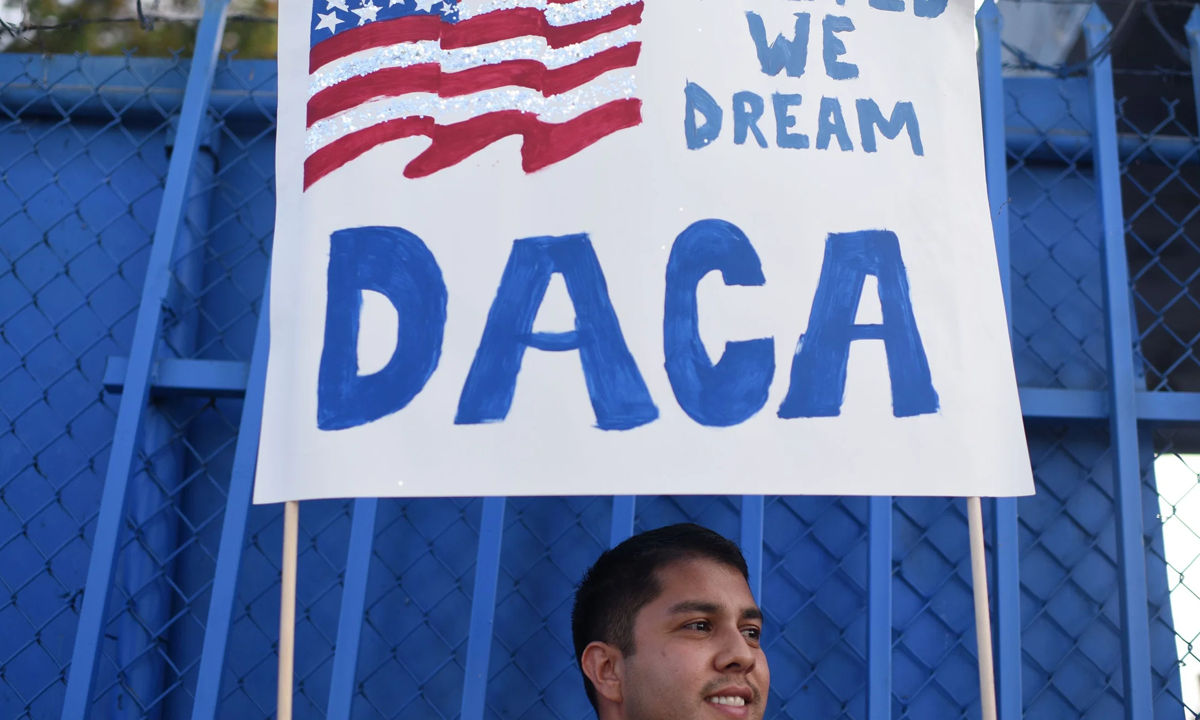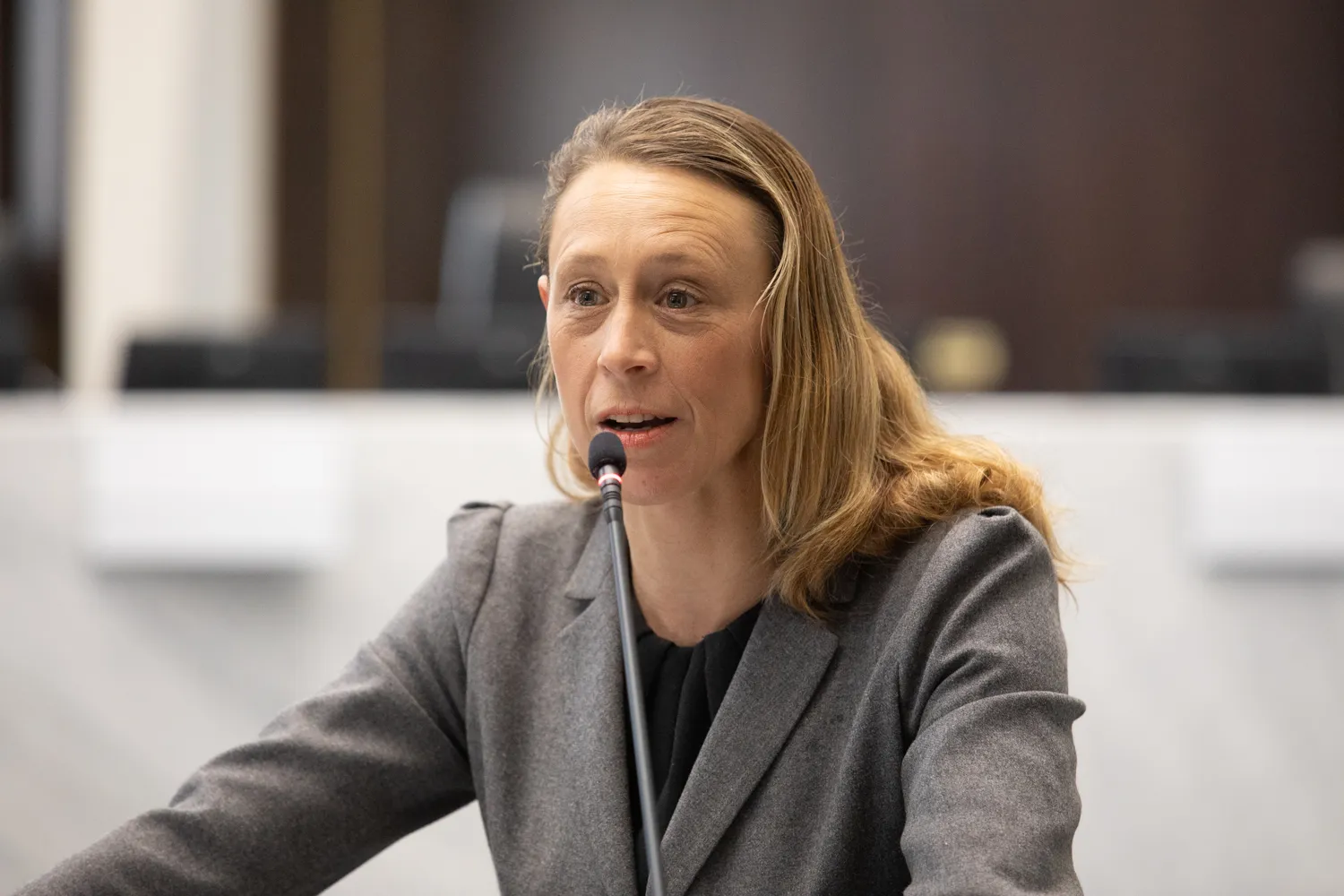After an almost nine-year battle, DACA was ruled as illegally enacted by the Obama Administration, citing that the administration violated procedural laws when the law was put into place. DACA began in 2012, which granted Dreamers a temporary stay in the United States with an attempt to integrate, while not allowing them to have legal status while on stay.
U.S District Judge Andrew Hanen ruled that DACA violated the Administrative Procedures Act, and his ruling could force the issue back into Congress, “Accordingly, the court holds that DHS was required to undergo notice and comment rulemaking in order to adopt DACA. DHS failed to engage in the statutorily mandated process, so DACA never gained status as a legally binding policy that could impose duties or obligations,”. DACA was the first attempt by the Obama Administration to handle the immigration crisis through executive action. DACA applies to illegal aliens who arrived before 2007 and had been in the country for five years. Applicants were made to maintain a clean criminal record and be in pursuit of an education. Two years later, the administration attempted to expand the program to illegal immigrants who had children who were legal residents or U.S citizens. The program known as DAPA, or Deferred Action for Parents of Americans was blocked by Judge Hanen in 2015. The Trump Administration attempted to phase out the DACA program but the administration was ruled to have violated the APA and did not provide enough legal justification for the phasing out of the program.
The ruling brings the issue back into Congress, where the immigration issue has been a reoccurring issue for recent administrations from Reagan to Biden. While there is bipartisan support for Dreamers, lawmakers differ on how to interpret the law. Democrats in the House have passed a bill that would legalize Dreamers, but the bill was declared dead in the senate by many Republicans. Republican Senator from Texas John Cornyn has proposed a smaller bill that would legalize DACA holders.




